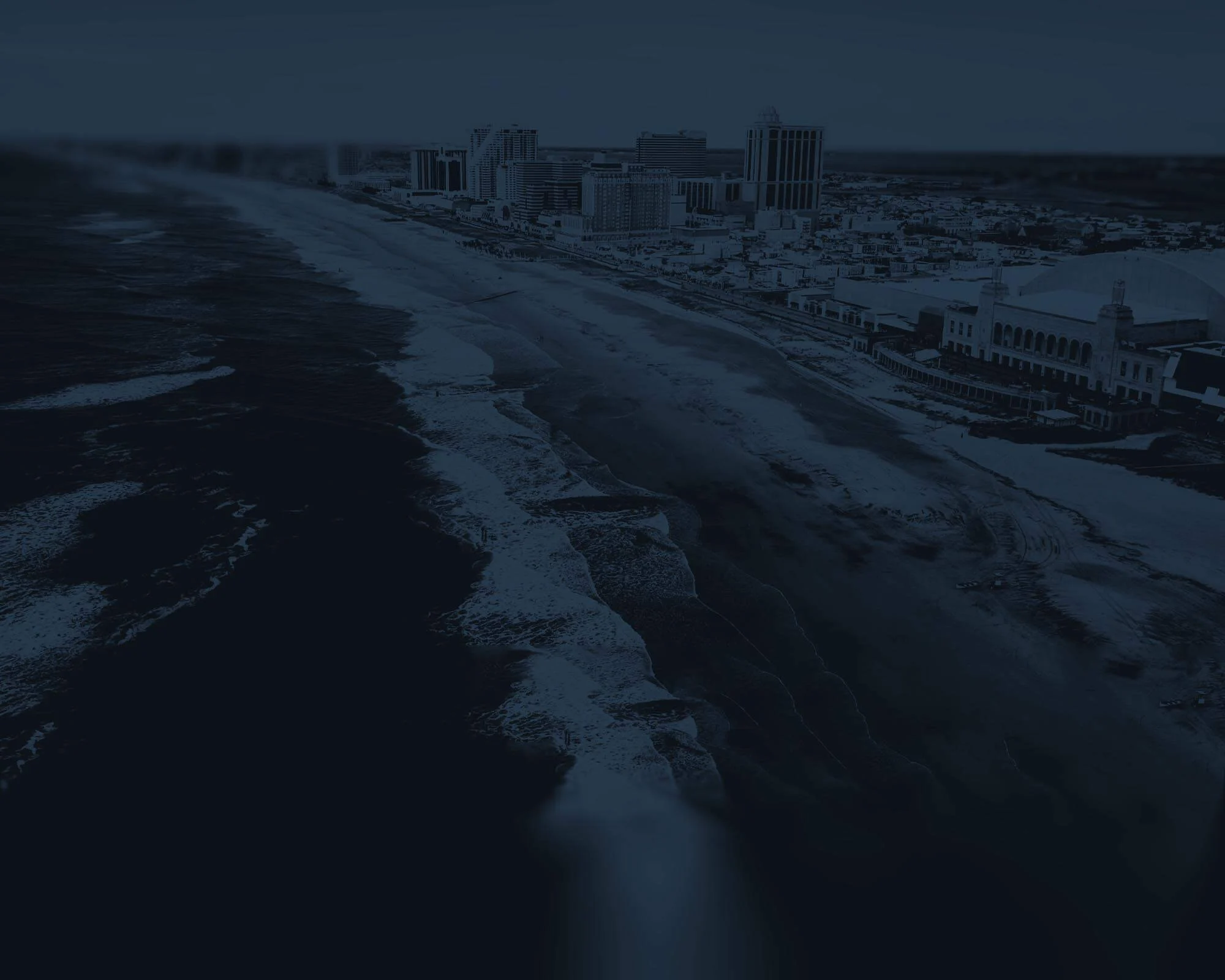Judge sends mixed messages on use of controversial search tactic
The technology we all carry around in our pockets has made it easier than ever for businesses and the government to invade our privacy. One of the strongest examples of government privacy intrusion is what is known as a “geofence warrant.”
Use of this investigative tactic has been controversial, and court rulings in one recent case are sending mixed messages about whether it can and should be used in the future.
How geofence warrants work
The case concerns a Virginia bank robbery that occurred in 2019. After the robbery, investigators obtained a warrant for a geofence, which uses GPS location history data to identify every cellphone within a certain geographical area at a specific time. In this case, investigators obtained a list of 19 cellphones that were near the bank when the robbery occurred. They narrowed that list down to one suspect, who was later convicted and sentenced to prison for bank robbery.
Judge issues two seemingly contradictory rulings
The attorneys for the defendant argued that the geofence warrant violated the Constitutional rights of their client and all others whose location data was gathered. The Fourth Amendment protects against unreasonable search and seizure, and it is arguably unreasonable to collect and analyze the private data of individuals whose only known connection to criminal activity is that they happened to be near the bank when the robbery occurred.
In March of this year, the judge ruled that the geofence warrant in this case did violate the Constitution. Normally, following such a ruling, a judge would agree to suppress the wrongfully obtained evidence so that it cannot be used to convict the defendant. However, the judge refused to suppress the evidence in this case, and the convicted defendant was sentenced to nearly 12 years in prison.
Why these rulings matter for everyone
Technology advances much faster than the laws meant to regulate its use. Until and unless state or federal legislatures pass laws banning the use of geofence warrants, law enforcement officials will likely try to use such technology as often as they are allowed to. Court rulings are an important way to impose limits on law enforcement tactics in the absence of written laws. The rulings may be cited as precedent in similar future cases.
The fact that the judge ruled geofence warrants to be unconstitutional (at least in this case) could discourage law enforcement from using them in the future. But that message may be weakened by the fact that prosecutors were allowed to convict the defendant with improperly obtained evidence.

